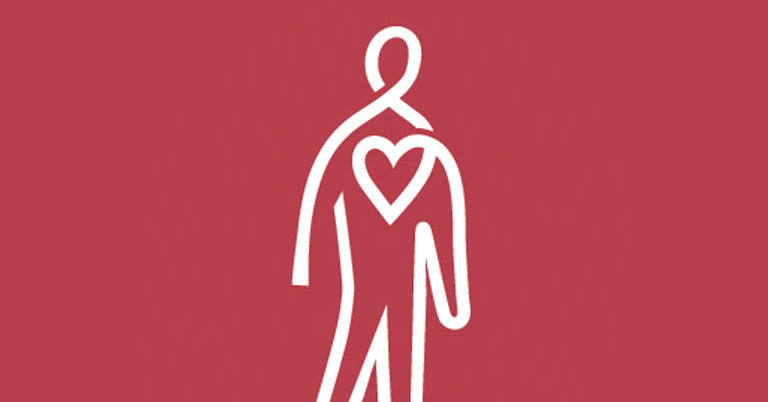
Statin drugs like Lipitor and Crestor significantly reduce the risk for cardiovascular disease, rigorous studies have shown. But a “real-world” analysis published in Heart suggests that in practice about half of patients do not benefit from them.
British researchers studied 165,411 patients free of cardiovascular disease who started statin therapy between 1990 and 2016. They measured their LDL levels (the “bad” cholesterol) before the study began and again after 24 months, and then followed them for an average of six years.
Slightly more than half the patients had what the researchers described as a “suboptimal” responses to the therapy — that is, their LDL decreased by less than 40 percent. These people had a 25 percent higher risk of death from cardiovascular disease than those with an optimal response, even after adjusting for their initial LDL level, age, body mass index, smoking, alcohol use, family history of disease and other health characteristics.
The senior author, Stephen F. Weng, a researcher at Nottingham University, suggested that while some people may be genetically unlikely to respond to statins, the main problem is that people stop taking their medicine because of side effects or because they have heard something negative about them in the media.
“Lowering cholesterol absolutely had a protective effect,” he said. “And statins are unquestionably effective in doing so. We don’t want a situation where more than half the population is not benefiting.”

